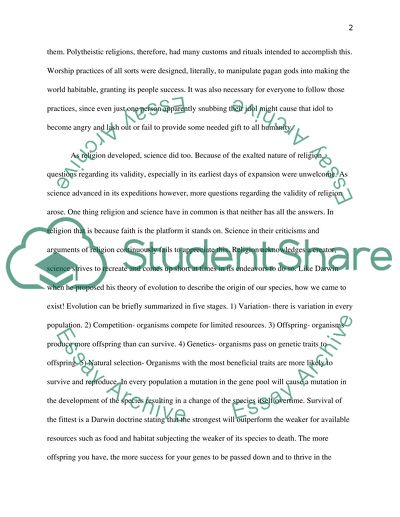Cite this document
(“The Technological Advance of Religion Essay Example | Topics and Well Written Essays - 1750 words”, n.d.)
Retrieved from https://studentshare.org/environmental-studies/1416051-the-technological-advance-of-religion
Retrieved from https://studentshare.org/environmental-studies/1416051-the-technological-advance-of-religion
(The Technological Advance of Religion Essay Example | Topics and Well Written Essays - 1750 Words)
https://studentshare.org/environmental-studies/1416051-the-technological-advance-of-religion.
https://studentshare.org/environmental-studies/1416051-the-technological-advance-of-religion.
“The Technological Advance of Religion Essay Example | Topics and Well Written Essays - 1750 Words”, n.d. https://studentshare.org/environmental-studies/1416051-the-technological-advance-of-religion.


